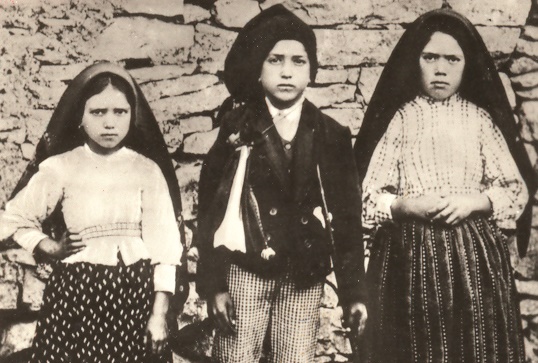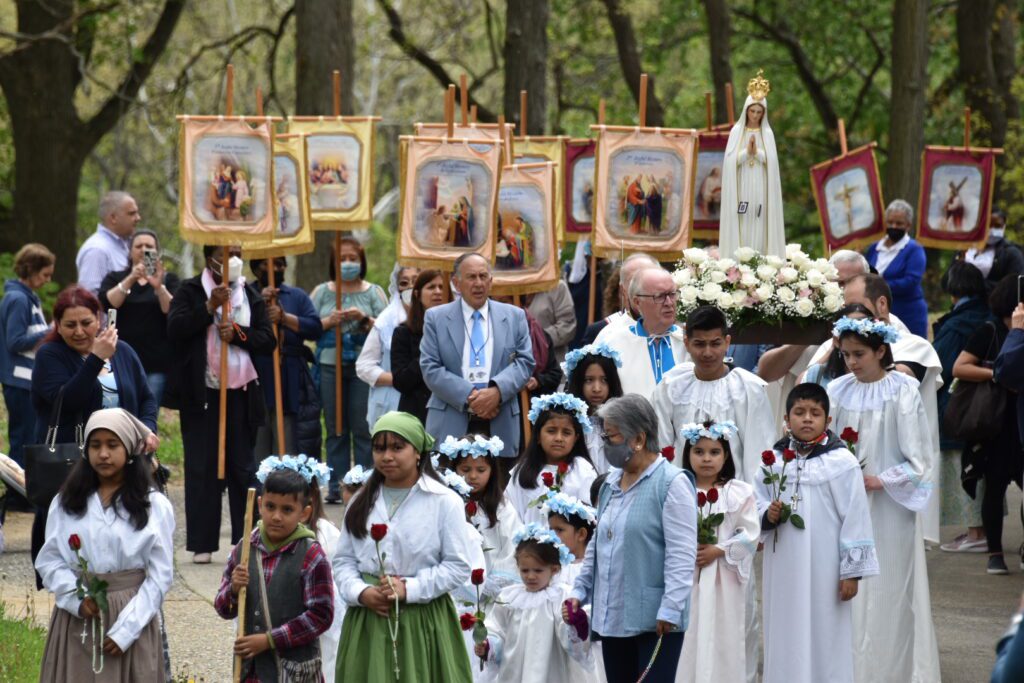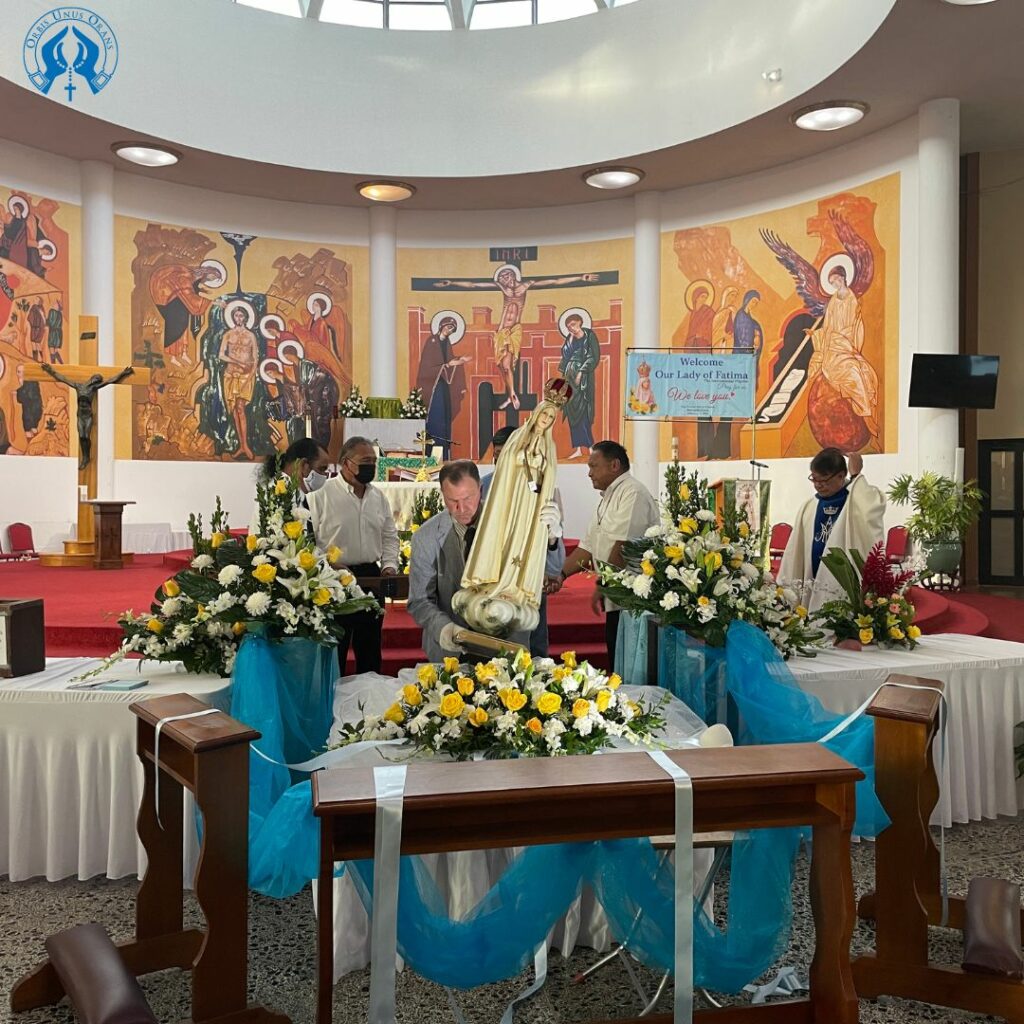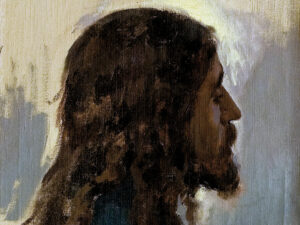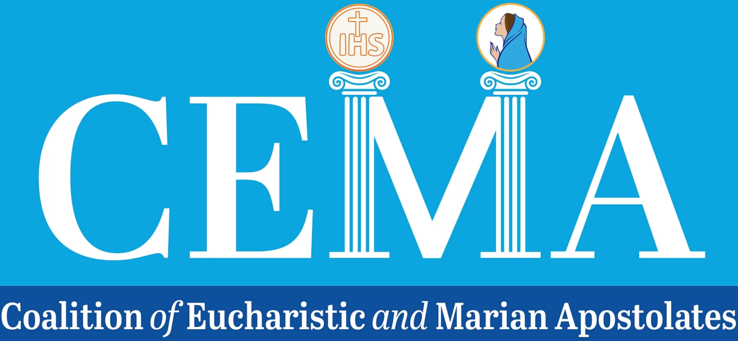By Greg Wasson –
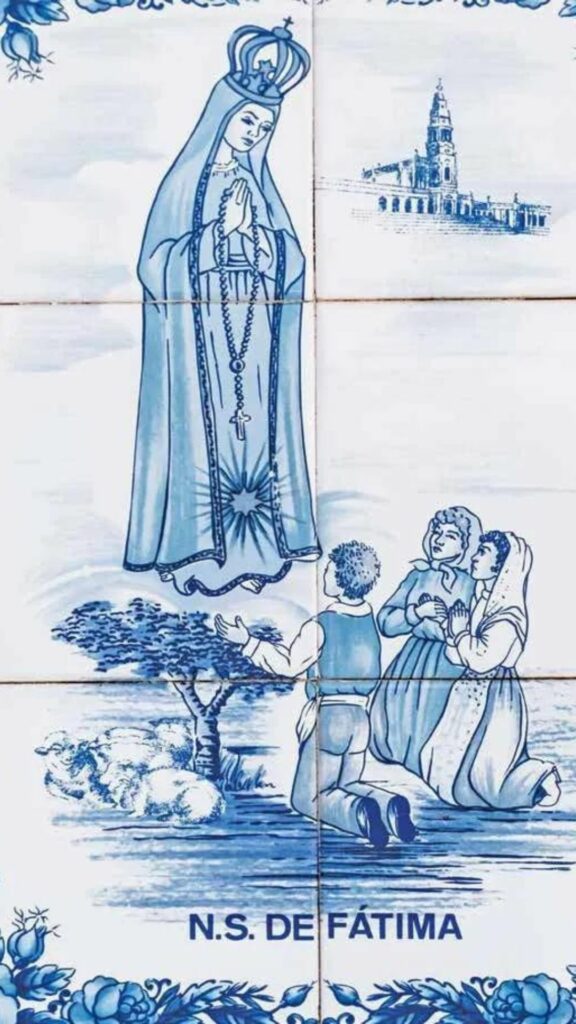
Sacrifice is Charity
In the July apparition at Fatima, Mary showed the three children a terrifying vision of hell that, although it lasted only a moment, greatly emphasized the words she had spoken to them just before:
“Sacrifice yourselves for sinners and say many times, especially whenever you make any sacrifice: ‘O Jesus, it is for love of You, for the conversion of poor sinners, and in reparation for the sins committed against the Immaculate Heart of Mary.'”
This is known as the Sacrifice Prayer, and its purpose is to move the children (and us) to the acts of mercy by which we attain grace for ourselves and for others.
“Charity is the theological virtue by which we love God above all things for his own sake, and our neighbor as ourselves for the love of God.” (CC1822). Charity is the supernatural motivation for true mercy. Without this supernatural motivation, an act remains merely a natural act and not worthy of earning our own salvation or contributing to the salvation of others.
A sincere saying of the Sacrifice Prayer provides us with the supernatural motivation – charity – by which we can fruitfully carry out the sacrifice. In the first part of the prayer, we express our love for Jesus and so fulfill the initial requirement for charity – “to love God above all things for His own sake.” In the second and third parts of the prayer, we express our love of neighbor when we pray for conversion of sinners and reparation for sins against the Immaculate Heart. This completes the conditions for charity – to love our neighbor for the love of God.
A Small Act
If I give someone a cup of cold water because he is persistently asking for it, I commit a natural act. However, if I give it to hime out of love for God and because the person is a child of God, I commit a supernatural act of mercy motivated by charity and contribute to my salvation.
“And whoever gives only a cup of cold water to one of these little ones to drink because he is a disciple–amen, I say to you, he will surely not lost his reward.” (Mt 10;42).
Jesus reveals that even the smallest act done for the right reason will be rewarded accordingly in the heavenly realm. St. Jose Maria Escriva wrote that love for God makes little things big. St. Therese of the Child Jesus, cited as one of the greatest saints of modern times, kept special beads to mark the little sacrifices she made throughout the day. And so it is necessary that we understand that the Sacrifice Prayer is not to be reserved for big sacrifices, but for every sacrifice, no matter how small. Mary said to say it whenever we make “any” sacrifice. Recall, too, that the Angel of Peace, in the summer of 1916, directed the children to “make of everything you can a sacrifice and offer it to God as an act of repartion for the sings by which He is offended and for the conversion of sinners. You will thus draw down peace upon you country.”
We can see that Mary is concerned not only with the salvation of sinners but with our salvation as well. The prayer accompanied by the act wins for us an eternal reward.
The Pardon Prayer
The Pardon Prayer is theologically similar to the Sacrifice Prayer, motivated as it is by charity: “My God, I believe, I adore, I hope and I love You; I beg pardon for those who do not believe, do not adore, do not hope and do not love You.” Mary has, at Fatima, designed a spiritual program that can benefit all and that can potentially lead all to salvation.
Let us not forget Mary’s invitation to us in the August apparition, to pray and sacrifice for those who have no one to pray for them, for many go to hell because there is no one to offer these reparations for them. Our charity, therefore, must extend to people who are complete strangers to us – and perhaps might be people that we would spurn if we knew them. But as disciples of Jesus Christ, our hearts must expand in our love for all.
Sacrifice out of charity is at the heart of Christ’s mission; the Cross is nothing less. Mary, in teaching us to make these sacrifices out of love, is teaching us to imitate her Son. She is fulfilling her role as our Mother and the Mother of Mankind at the crucial juncture in our history. Pope Benedict XVI exhorted us to learn, live and teach the message of Fatima precisely because it is a recalling of the true Gospel message. Thus, one is encouraged to trustingly adhere to the whole Fatima program and be obedient, without exception, to the words of Mary so as not to miss out on any “secret” treasure of salvation she may have hidden there, for ourselves and for those for whom we offer sacrifice and prayer.
Greg Wasson is a contributor to Soul Magazine. This article originally appeared in the 2023 Issue 3 edition.


